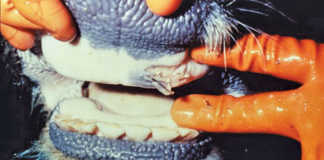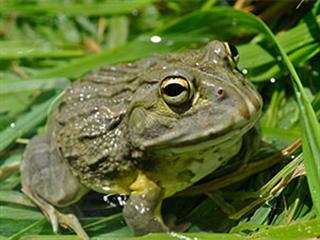Dr Ferdi Meyer, director of BFAP, added that all the optimism there has been about increasing SA’s soya bean production is gone. He noted that the agricultural sectors in North West, Mpumalanga and Limpopo face the biggest threats from mines. “Realistically, there will be a continuing slide in hectares planted to crops as mining and the resulting water quality issues escalate.
For this reason, there will be a decline in agricultural job creation rather than an increase.” Meyer said that the fight for water rights will continue as water is likely to be allocated to mining and cities rather than agriculture. “Mines are knocking on agriculture’s door and will have a huge impact on agricultural production,” explained Meyer.
“Out of the 4,5 million hectares of arable land in Mpumalanga, 2,6 million hectares will be taken up by mines in the future. Agriculture is losing the battle.” Meanwhile, farmers in the Groblersdal area of Mpumalanga have already started experiencing problems with water quality as a result of mining activities. Jacob Mkhabela, from Mpumalanga Agri Skills Development and Training, said water pollution is a growing threat to the livelihood of emerging tobacco farmers in Groblersdal, as this affects the contracts the farmers have with British American Tobacco.
“Last year’s crop was rejected because of chemical residues on the tobacco leaves. This year the farmers will try to use borehole water to irrigate the crops,” said Mkhabela, adding that six of the 11 farmers in the programme are affected by the polluted water. Collectively they plant 30ha of tobacco. But Diek Engelbrecht, chairperson of the Loskop Dam irrigation board, said that the latest water quality tests done on the Loskop Dam show the water is “within international water quality standards.”
The board was willing to put up a water purifying plant at the dam, but the tests mean this is no longer necessary.
Engelbrecht added that the government is working very hard to prevent surrounding mines from adversely affecting the water quality in the Loskop Dam catchment area. “Government is negotiating with international funders to get financing to create wetlands that will absorb pollutants before they reach the dam,” he said.












